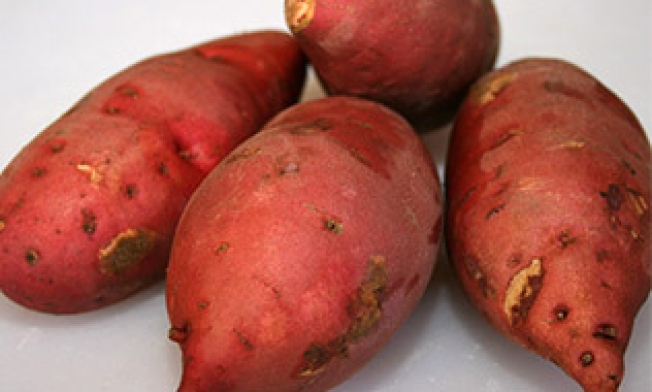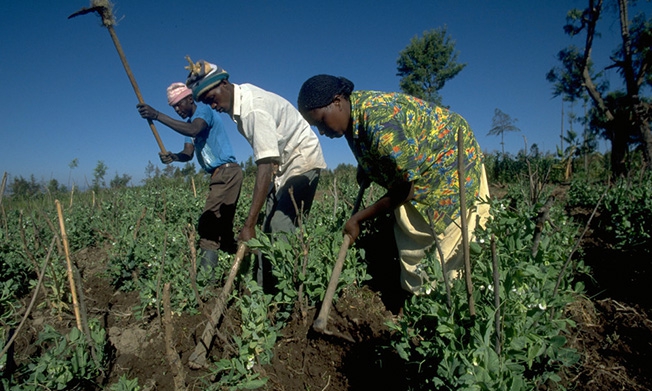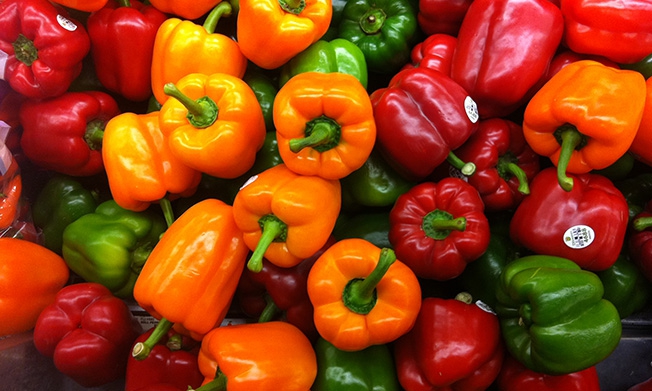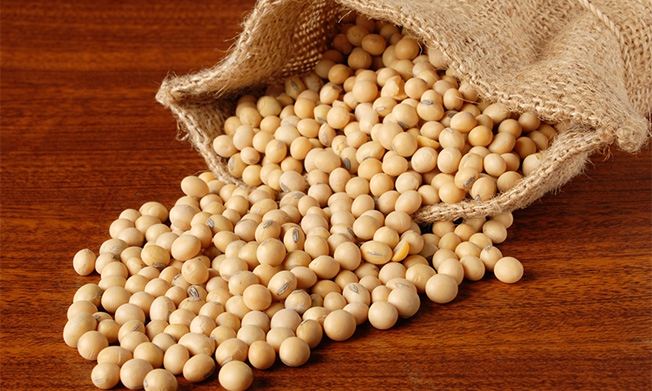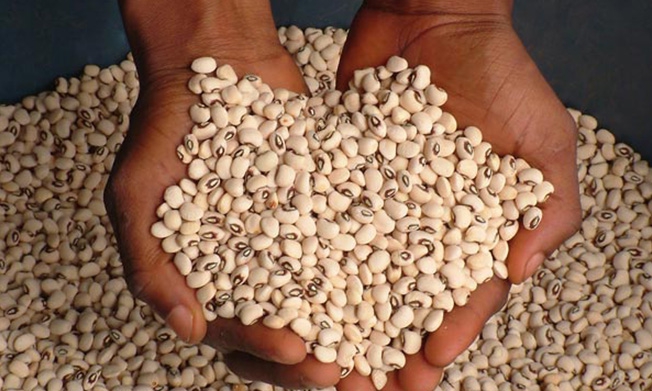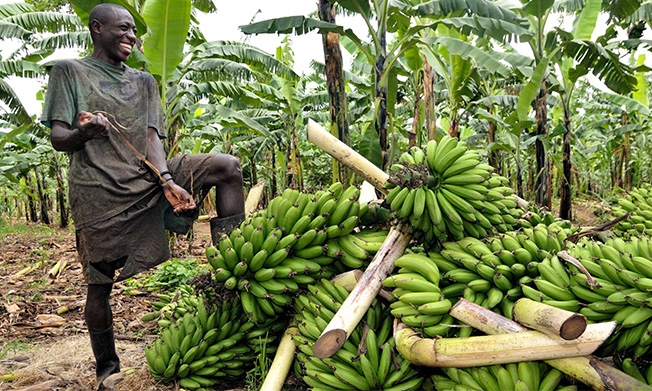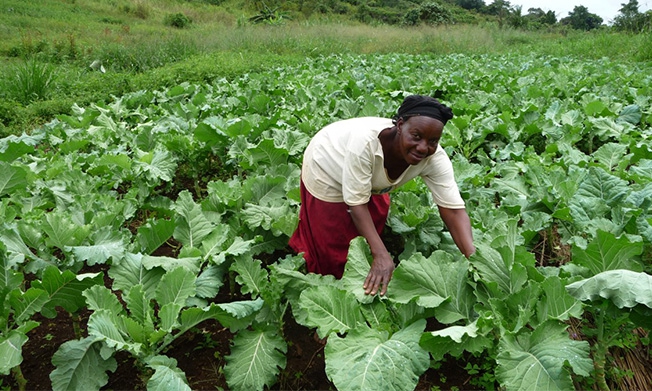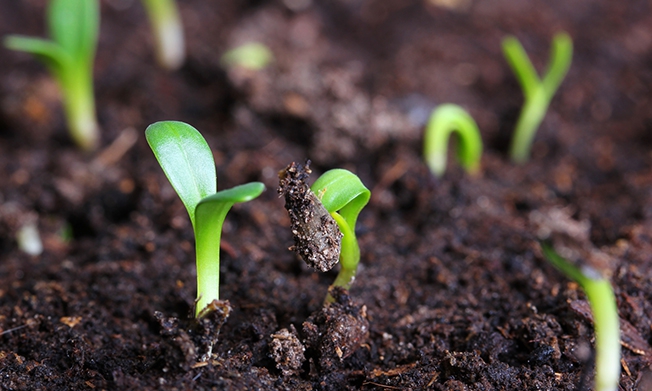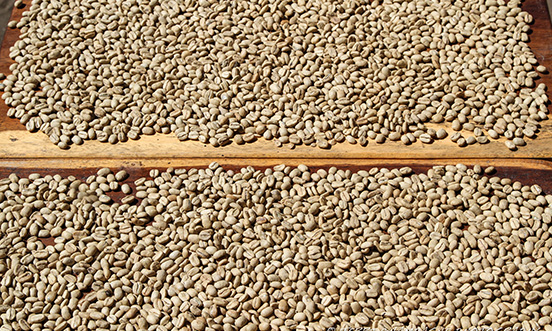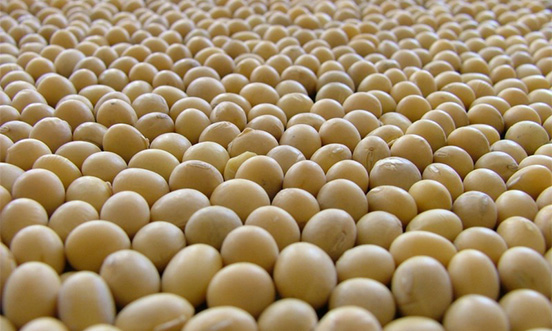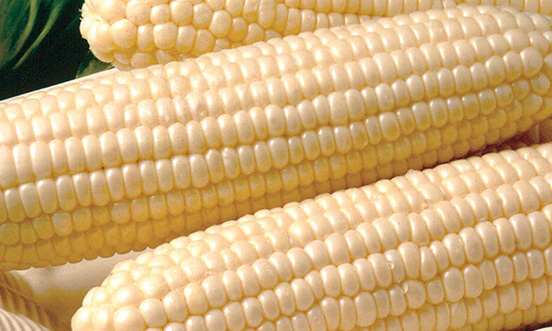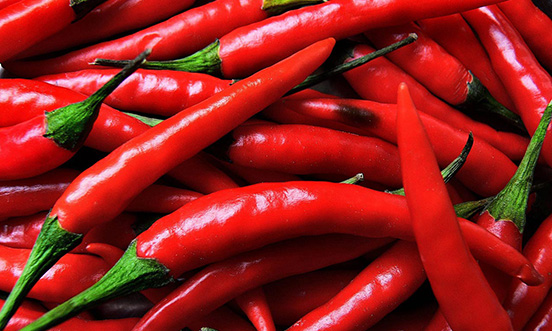Buy from Famers
Sell to farmers
Export Outside Uganda
Progress in fight against fake seeds
Every farmer’s dream is to have a bumper harvest at the end of the day. To achieve this, several factors have to be in place which include soil fertility, availability of rain or water, timely planting and right seeds.
Seeds are of the paramount importance because having all other components in place with fake or poor seeds, the yields are bound to be very disappointing.
Vulnerable
Traditionally, farmers have been using the good seeds saved from the last harvest thus preserving the indigenous seeds. However, things are slowly changing with modernisation of agriculture, and introduction of new varieties and hybrids on the market.
This means farmers have to regularly buy seeds from agro-input shops, which makes them vulnerable to counterfeit products.
Fake seeds and other farm inputs have had a devastating impact on harvests especially among rural farmers.
The farmers have complained of planting seeds, which did not germinate.
Outcry
Dr I. Muhumuza, production and marketing officer, Bushenyi District, says there has been an outcry in most parts of the country about counterfeit farm inputs especially seeds, herbicides and animal drugs.
“Farmers are grappling with what to use on their coffee gardens after losing many acreages due to fake herbicides leading to poor harvests,” he says with particular regard to Busheny District.
He attributes such situations to lack of knowledge on the right seeds, linkages to the genuine agro-input dealers, and the lack of extension workers in the field.
There is also an outcry from the genuine agro-input dealers because the unscrupulous dealers undercut them.
But not all hope is lost as some organisations have teamed up to fight the vice and come up with solutions.
These are Uganda Seed Trade Association (USTA), Feed the Future, Croplife, Unada, and Transparency International Uganda.
New policy
Under a Usaid-funded initiative, has been holding trade fairs countrywide to connect companies that manufacture inputs, agro-input dealers and service providers who deal directly with farmers. Fifteen such events have held so far.
Nelson Masereka, the USTA executive director, says the campaign to fight counterfeits but it is a tall order. Many people want to make quick sales because demand is very high, farmers lack information while regulations are very weak.
“The policy has just been formulated because we do not have a counterfeit law in place”, he points out.
As an intervention, the team is linking the agro-inputs dealers directly to the service providers, who deal directly with farmers.
A website will be set up to provide as much information as possible to help reduce the rate of counterfeit because standards must be followed.
Seeds will be coded so that before a farmer buys from the dealer, a code will be entered into the phone. If the results are negative, he or she will not buy the seeds.
“We want to establish an independent agriculture police at Entebbe and Namalere. They are to be trained to be abreast with genuine seed and other products”, he says.
Farmers ask government to increase agriculture budget
Government should allocate more resources to help small-scale farmers embrace modern methods. As the clock ticks away to the 2015/16 Budget reading in June, a regional smallholder farmers’ lobby
Modern agriculture technologies
Various stakeholders and partners convened in Kampala on September 3 for a discussion on the use of modern technologies such as remote sensing to improve crop production in Uganda. The expectation is that if there is better monitoring and ability to forecast yields, this will contribute to the efficiency of production.
The results shared were from AgriSense-STARS, a Bill and Melinda Gates Foundation-supported research project, which is currently based in Moroto District.
“We chose Moroto because of its easy access although we are expanding the scope. Some of the methods used in other countries can be used here and we can monitor the district,” said Catherine Nakalembe, a faculty research assistant at University of Maryland, who is involved in the study.
Organic agriculture is the way to go for Ugandan farmers to earn more
What distinguishes organic farming from conventional farming?
Organic farming respects the environment. Anything destructive, like chemical pesticides and fertilisers, is not encouraged, so the soil remains sustainable for generations.
Minneapolis, the "Juicy Lucy"
Lorem ipsum dolor sit amet, consectetur adipisicing elit, sed do eiusmod tempor incididunt ut labore et dolore magna aliqua. Ut enim ad minim veniam, quis nostrud exercitation ullamco laboris nisi ut aliquip ex ea commodo consequat
The main attraction, modeled after
Lorem ipsum dolor sit amet, consectetur adipisicing elit, sed do eiusmod tempor incididunt ut labore et dolore magna aliqua. Ut enim ad minim veniam, quis nostrud exercitation ullamco laboris nisi ut aliquip ex ea commodo consequat




